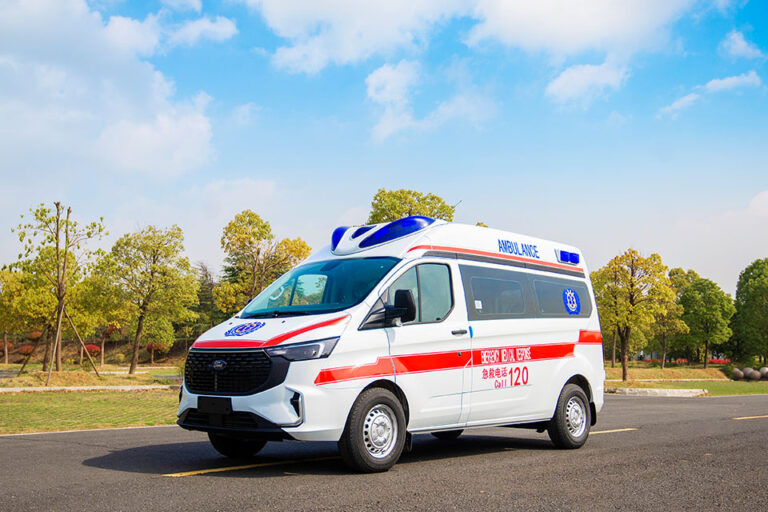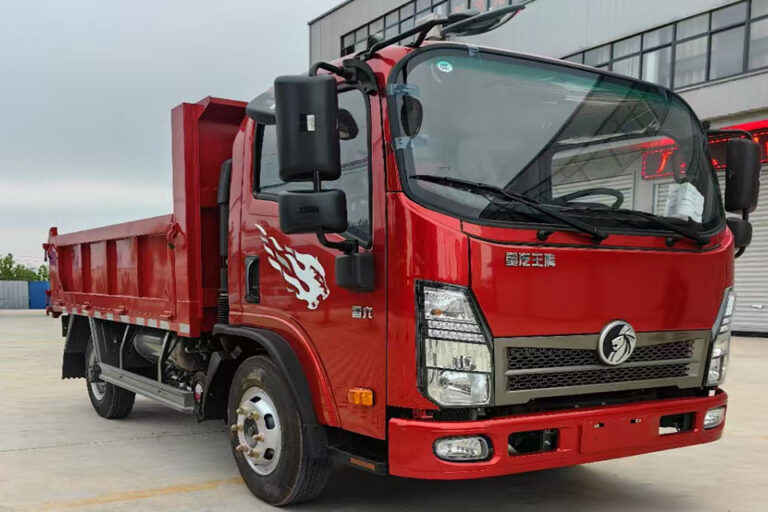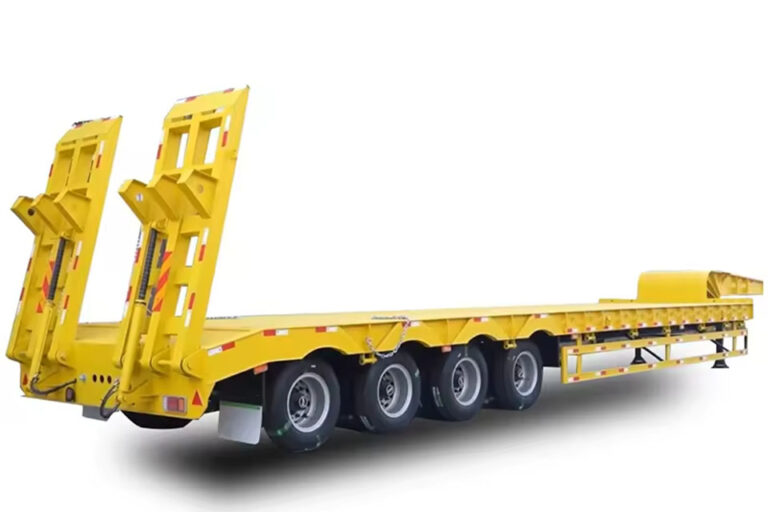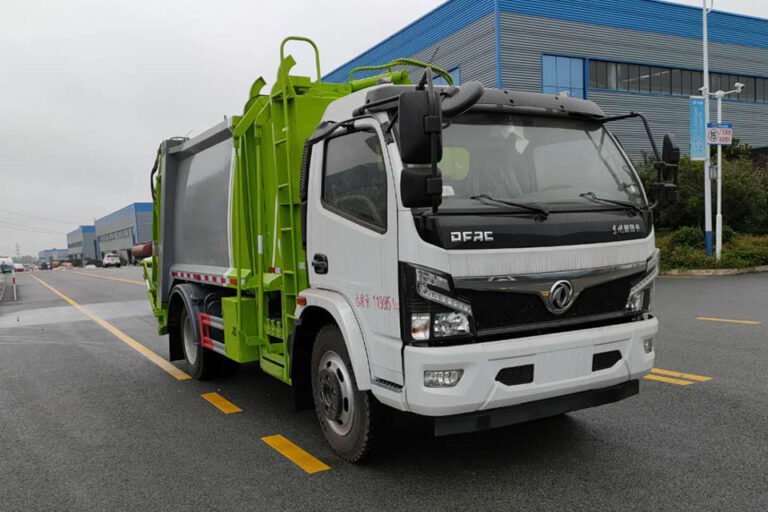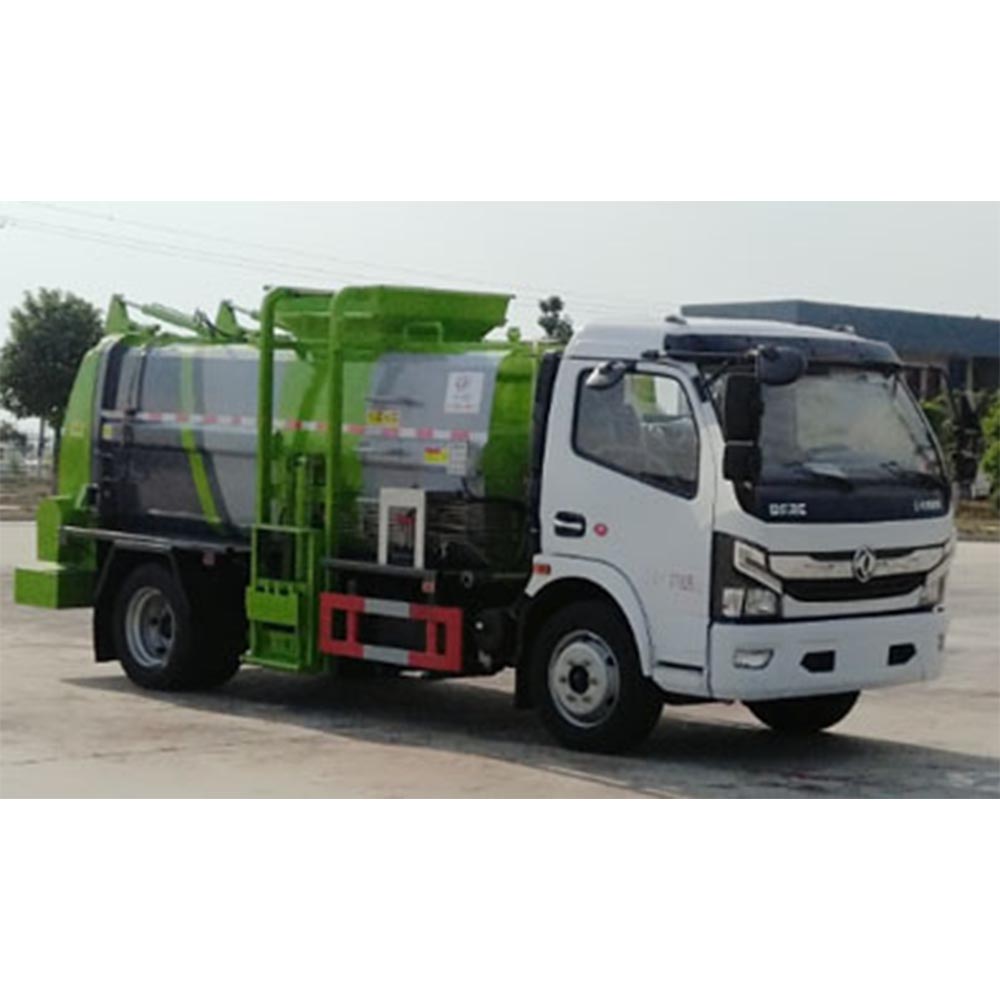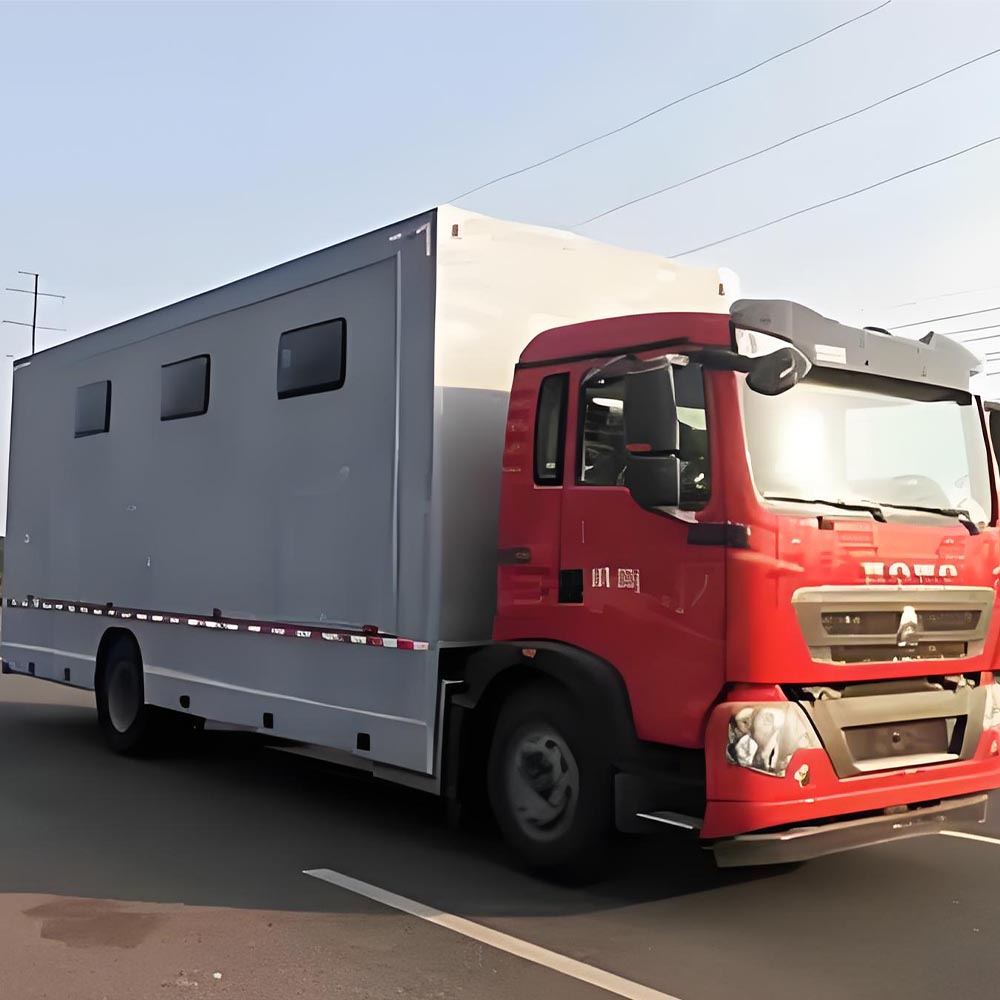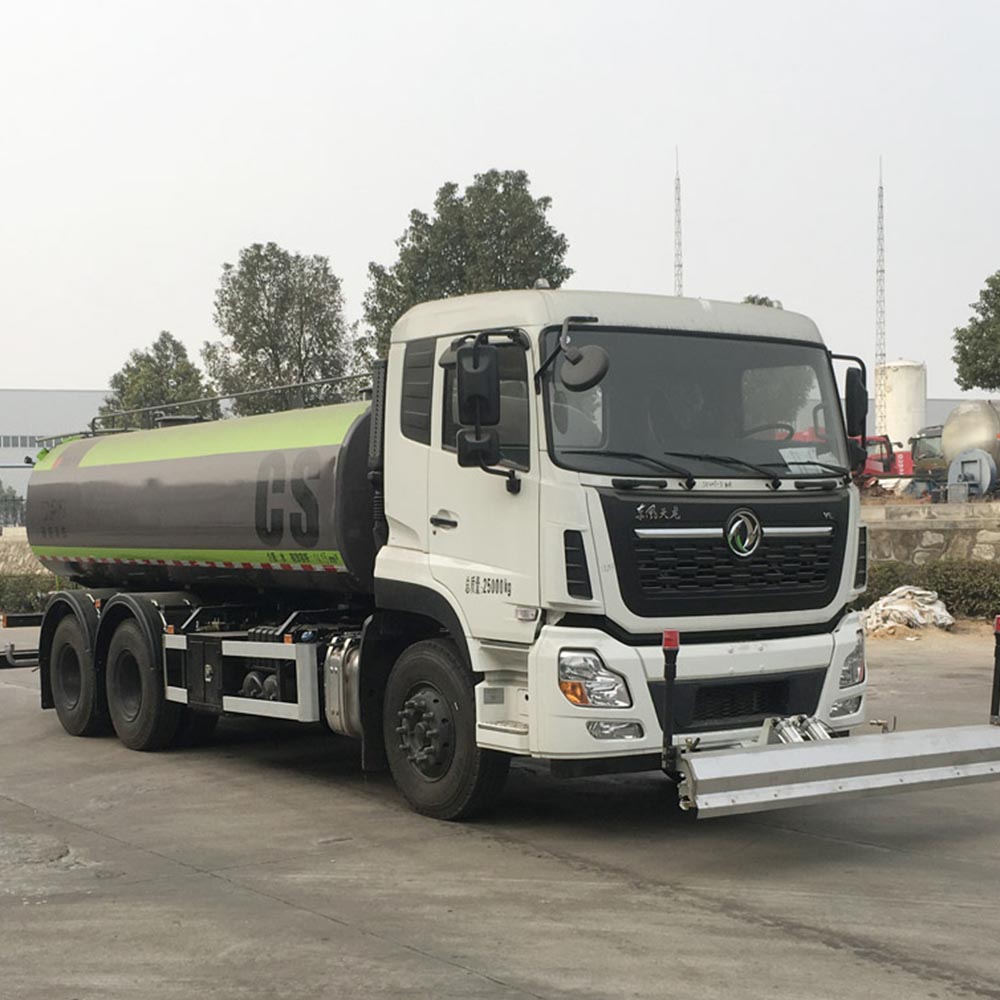-
Chengli Automobile Industry Park
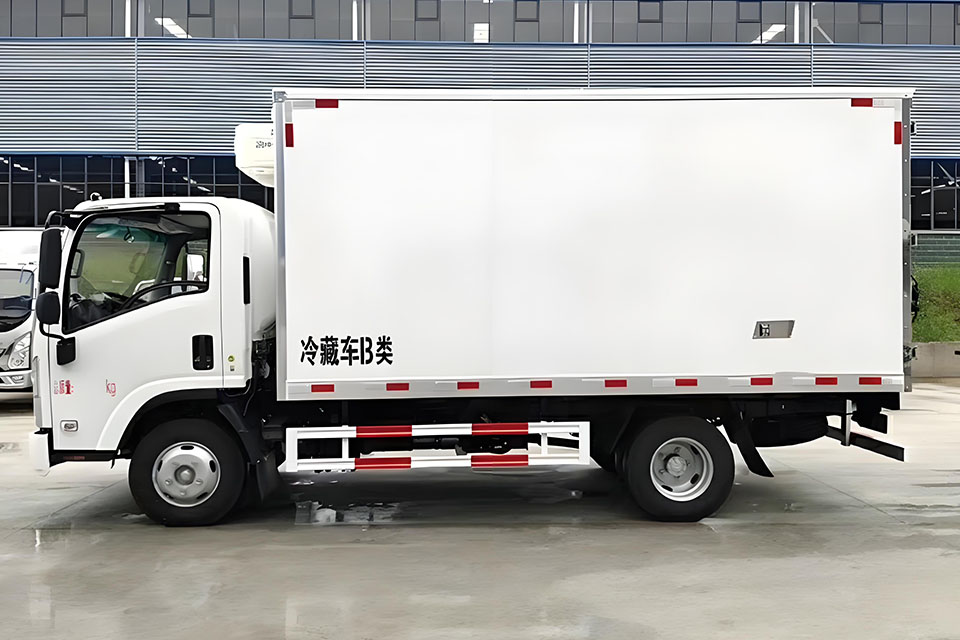
Does the equipment of the refrigerated truck operate around the clock?
Can Refrigerated Trucks Run 24/7?
Refrigerated trucks are an essential part of the global supply chain. They help transport perishable goods like food and medicine safely. But can these trucks operate non-stop?
Table of Contents
How Refrigerated Truck Systems Work
Core Components
Refrigerated trucks use refrigeration units to keep goods cool. These units consist of parts like compressors and insulation. Diesel engines, like Cummins B6.7 and PX-4 150hp, often power these units.
Some trucks use electric or hybrid systems, such as the Mercedes-Benz Sprinter with Thermo King units.
Energy Sources
Most refrigerated trucks rely on diesel engines. They need fuel to stay cool. Some trucks are electric or use hybrid systems. These use electricity to keep things running all day and night.
Factors Enabling 24/7 Operation
- Engine Durability
- Trucks like DAF LF150 and Freightliner Cascadia have strong engines.
- Fuel Capacity
- Bigger trucks with 24-ft boxes hold more fuel. They can travel longer distances without stopping.
- Hybrid Systems
- Carrier Transicold’s hybrid units cut downtime.
- Fleet Management Practices
- Regular maintenance stops problems before they start.
- Telematics help track temperature in real time.
Challenges of Non-Stop Operation
Mechanical Strain
Older models might fail more often. They could develop leaks or problems in the compressor.
Fuel Consumption
Diesel engines need fuel often. This means stopping for fuel. Electric units require charging instead.
Weather Extremes
In hot or cold weather, trucks work harder to keep things cool. This wears down parts.
Case Study
Companies like Hill Brothers Transportation watch their truck-to-trailer ratio to spot issues.
Best Practices for Round-the-Clock Use
- Preventive Maintenance
- Check refrigeration units regularly.
- AdBlue systems need work to meet emission rules.
- Driver Protocols
- Train drivers to control temperature during stops.
- Auction Insights
- Used trucks like Freightliner M2 106 may cost less but still run well.
Industry Trends & Future Solutions
Electric Refrigeration
Wide-reach models like the Mercedes-Benz Sprinter 2500 have Arctic insulation.
Natural Gas Engines
Freightliner’s 2025 Cascadia uses Cummins X15N. It’s sustainable and cost-effective.
Event Spotlight
The TCA Refrigerated Meeting 2025 explores automation in cold chain logistics.
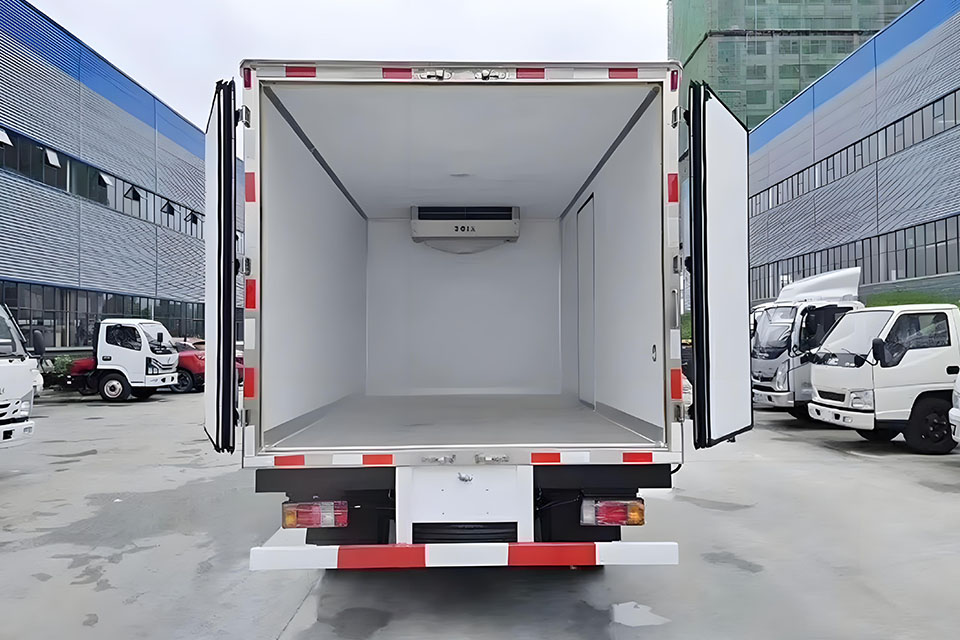
Conclusion
Refrigerated trucks can run 24/7 with the right setups: powerful engines, hybrid systems, and good maintenance. It’s important to use newer models or refurbished trucks for reliability. Prioritize models like the 2025 DAF LF150.
Relevant Internal Links
Explore trucks used in semi-trailer transportation for various needs.
Find robust options like the tipper truck for heavy-duty tasks.
Check out the battery-powered ambulance truck for sustainable solutions.
Cold Chain Logistics Table
| Category | Data/Example |
|---|---|
| Market Size | 2025 global refrigerated market expects $75.55 billion. US and Canada market grow steadily. |
| Reliability | Reliable units needed to maintain consistent temperatures, critical for pharmaceuticals. |
| Regulation | California mandates up to 15% zero-emission vehicles by 2025. |
| Technological Trend | Adoption of electric units, reduced carbon footprint. |
| Operational Challenge | Traditional TRUs consume more fuel, impacting continuous operation. |
| Industry Case | Rising demand in pharmaceuticals influencing multi-temperature truck growth. |
| Economic Forecast | Truck volumes to grow 1.6% in 2025. |
| Efficiency | Upgrade TRUs for greater reliability and cost savings. |
By following these tips and insights, refrigerated trucks maintain operational effectiveness and reliability. For industry-specific guidance, explore resources on refrigerated transport solutions.
Refrigerated Trucks: Can They Run 24/7?
Market Growth
The refrigerated goods trucking market is growing fast. It’s expected to reach $75.55 billion in 2025.
Source Below
Reliability Needs
Trucks need to keep a steady temperature. This is very important for medicine and food.
Regulations Impact
California Standards.
Technology Trends
More trucks are now electric. This helps the planet and allows for 24/7 use.
Operational Challenges
Old trucks use a lot of fuel. Stopping for fuel stops work.
Industry Use
Medicine transport needs trucks that can control temperature well.
Note: No relevant data provided to source correctly.

